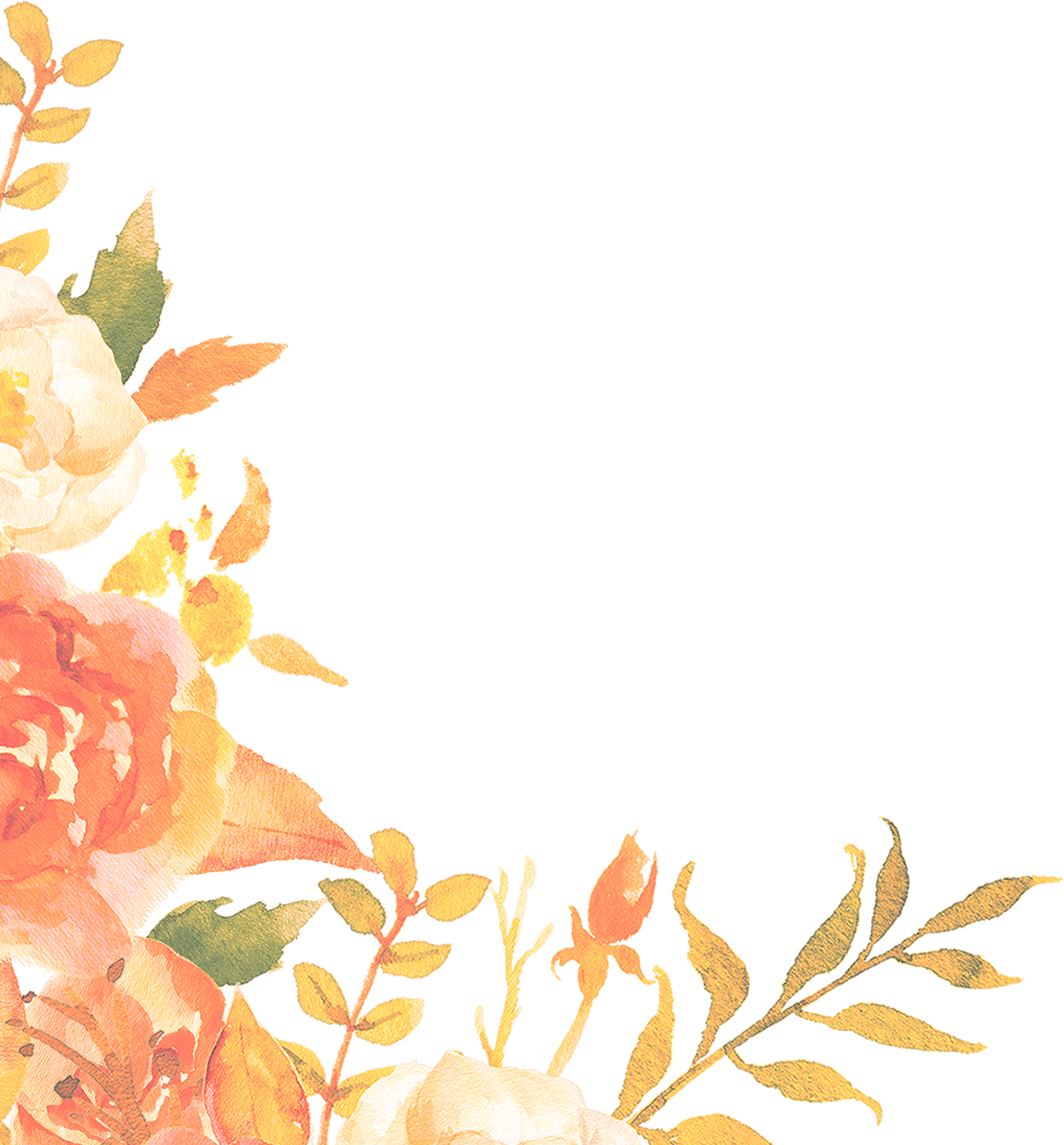



Excellent. It has given me a lot of tools to increase my happiness and an understanding of what makes a happy person. I would very much recommend this course to others.
-PAST CLIENT
Now that we have had a look at play, let’s consider work. Most of us spend a significant amount of time in a job, and whether we are happy during our working hours matters to our wellbeing.
There are basically three kinds of people, according to Ed Diener and Robert Biswas-Diener: Those with a job orientation, those with a career orientation, and those with a calling. Individuals with a job orientation go to work to earn money, pure and simple. For them the job is a means to an end, and they look forward to their time off. Those with a career orientation look at their job as a stepping stone to where they want to get. They are motivated to increase their social status, pay check, supervisory responsibilities, useful connections and the respect shown to them. Job and career orientated individuals may or may not enjoy their work.1
Those who are happiest at work are people with a calling. They love their job, are stimulated by it, and view it as their way of making a meaningful and important contribution to the world. Around one third of all workers are calling orientated, Diener and Biswas-Diener write, and they can be found among any given occupation. They can be recognised as job-crafters, who take initiative in making processes more efficient, enjoy helping out co-workers, make changes, and add extra kindnesses or services that they feel align their work more closely to their vision.2 For example, I know an authority in a field of engineering. Even though he is meant to be retired, this sweet but astute man keeps working, passing on his knowledge and experience and undoubtedly making WA mine sites safer places. Two of my friends are nurses in emergency departments. One, by acting on a hunch, recently saved the life of a man with meningococcal disease; the other is often thanked for the love and compassion with which she treats patients. Another friend is a retired English and Yoga teacher, who sincerely misses her work. All these people have a calling.
One of the best ways to find our work calling is to review our character strengths (see Blog post 10). Martin Seligman advises that many jobs can be re-crafted to allow us to use our signature strengths. By using these strengths daily at work, our job can metamorphose into a calling and thus become more enjoyable and satisfying. The work done within a calling becomes a gratification, which is pursued for its own sake rather than its material benefits.3 Imagine being able to say: “I love going to work. I have just as good a time at work as when I have time off.”
Mihaly Csikszentmihalyi points out that the best way to fulfil our potential is to endeavour to pursue work as a flow activity. He reminds us that enjoyment depends on growing complexity; therefore, it is our challenge to close the gap between necessary but unpleasant jobs and enjoyable leisure time that lacks complexity. Work and leisure, he proposes, ideally should not feel so different from each other.4
I’m not pretending that this is a straight forward journey. You may, for example, have signature strengths that do not easily translate into a job (take mine: love, citizenship and creativity – what kind of job is there that caters for them, other than blogger?). Just start by using your signature strengths at work as much as you can, and try to move into a direction that allows you to use them more.
One more thing though: According to Diener and Biswas-Diener, whether we are satisfied with our work or not depends on the way we look at it.5 Sonja Lyubomirsky argues that “we would benefit from considering the research illuminating why all of us are prone to become spoiled by perfectly decent jobs and whether there is anything that can be done about it”.6 Lyubomirsky, as I mentioned in Blog post 11, has expert understanding on the way hedonic adaptation (our human habit of getting used to things) undermines long term satisfaction. Just like we get used to new houses and cars, favourite songs and artworks, even sex and relationships, she writes, so do we get used to our jobs because “we experience less and less pleasure over time and our aspirations rise”. Jobs which were once special, Lyubomirsky points out, in time become our deserved privilege, entitlement and part of normal life. She therefore recommends pausing before jumping from one job to another, and remembering that those who find themselves bored and unhappy at work often do not experience a rise in wellbeing in a new job once the honeymoon period is over.7
According to Lyubomirsky, whenever our aspirations get out of hand this becomes toxic for our happiness. Thus she advises that we check whether the way we feel about our work changes if we reign in our aspirations. There are five psychological tools to do this: 1. Remind ourselves of work conditions, pay and colleagues we had in previous jobs – could it be that we fail to appreciate aspects of our current job because we have become used to them? 2. Concretely observe and ask about other people’s work places – is their deal really much better than ours? 3. Be grateful about the positive aspects of our job – what is there to be genuinely thankful about? 4. Check if our reference point is real – is what we aspiring to realistic, and have we thought about the non-glamorous side of such a position?8 For example, travel writer is a dream job, right? But have you considered the lengths of time away from home, the constant upheaval of packing, waiting at airports, living in sterile hotels, and looming deadlines? Lastly 5. Let’s pretend that this is our last day on this job – is there anything that we feel we would be giving up if we weren’t coming back the next day? Overall, it is worth remembering that appreciation goes a long way in reigning in our expectations.9
Of course there is a fine line between having goals and high expectations for ourselves, and facing reality and what is actually possible. We should aim high, no doubt about it. But what should ultimately count is whether we can make a meaningful contribution by being our best selves and acting out of our signature strengths. This may well be in a profession that lacks the glamour or pay packet of some of our childhood class mates. But so what?
© Natalie Lydia Barker 2015
Notes
No Comments